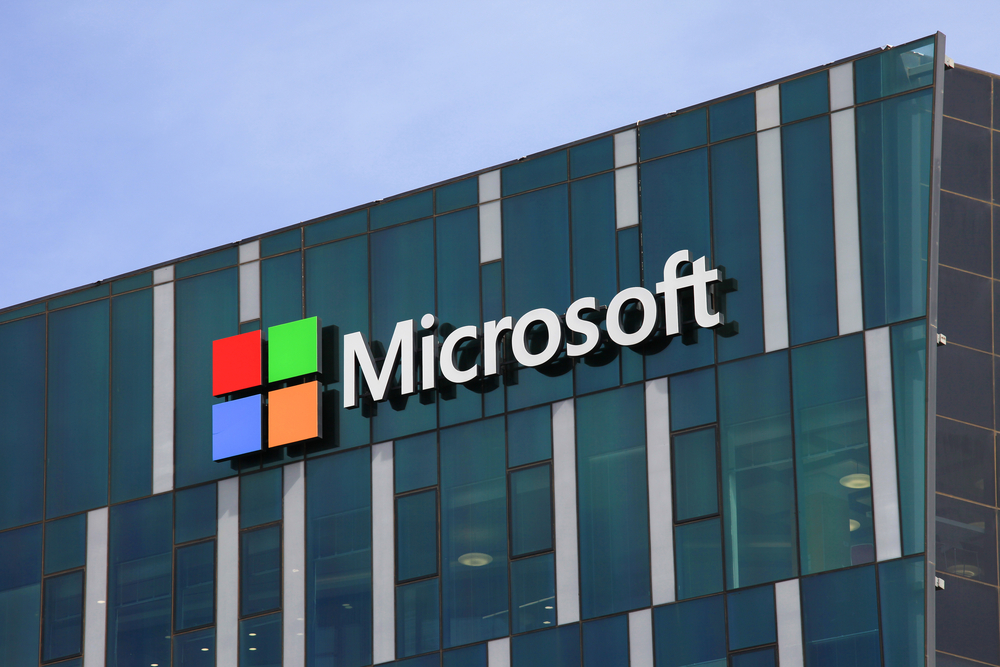Microsoft Partners Blockchain Firms to Develop Legal-ID System

Microsoft is entering the ICO sector with services offered on Azure, its cloud computing platform. | Source: Shutterstock
Microsoft is partnering with ConsenSys, an Ethereum-coder collective, and Blockstack Labs, an application stack for decentralized, server-less apps secured by the blockchain, in trying to improve the state of the millions of people – mostly children – who face severe challenges from having no legal identity.
The partners are engaged in a long-term project to employ blockchain-based solutions to the challenge of legal identity, Microsoft noted in a blog on its Microsoft Azure website. Microsoft Azure is an open cloud-computing platform.
The identity issue was explored during the recent ID2020 Summit in New York City.
Alarming Identity Statistics
One and a half billion people – a fifth of the world’s population – lack proper identification.
A third of the children under five years old don’t officially exist since they have no birth records.
A total of 230 million children under the age of five have no birth certificate, a number that is growing.
A total of 50 million children – the population of the United Kingdom – are born with no legal identity.
These “invisible” people are vulnerable to child abuse, trafficking and prostitution. To address this problem, “Target 16.9″ of the United Nations Sustainable Development Goals is striving to give everyone some form of legal identity, including birth registration, by 2030. To make this task easier to manage, ID2020 has developed a goal to provide scalable, legal digital identity by 2020.
Forum Looks To Technology
The ID2020 forum seeks to bring together the technology sector and those who bring a working knowledge of the cultural and social challenges. To achieve progress, the forum has worked with parties knowledgeable about blockchain technology.
Microsoft has partnered with ConsenSys, Blockstack Labs and others on a blockchain-based identity system that permits people, apps, products and services to interoperate across cloud providers, blockchains and organizations. Microsoft wants to begin a dialogue on blockchain-based identity to improve apps and services that will enable self-sovereign and self-owned identity.
Blockchain-based systems can establish self-sovereign identity. Microsoft is working with ConsenSys and Blockstack Labs to leverage their Ethereum– and bitcoin-based identity solutions, uPort and Blockstack. Microsoft plans to produce a cross-chain identity solution and extend it to future blockchains or other decentralized, distributed systems.
Microsoft acknowledges there are questions yet to be answered. The company is nonetheless certain that individuals will be able to register an identity in a cross blockchain that provides a single namespace for lookup regardless of their blockchain of choice. The solution’s self-sovereign nature allows different scenarios and provides an asset that the individual owns. The solution contains attributes provided on a time-bound basis to only those parties with a need to know.
More To Come
Microsoft will make an open source framework available in the coming weeks on Azure, where developers will begin exploring how open source identity can benefit their applications.
“We are excited to find out the amazing things developers and organizations will build on this open source identity framework,” the blog noted. “We are equally excited by the potential societal benefits that can be derived from an identity that transcends borders, blockchains, organizations, and companies.”
Featured image from Shutterstock.